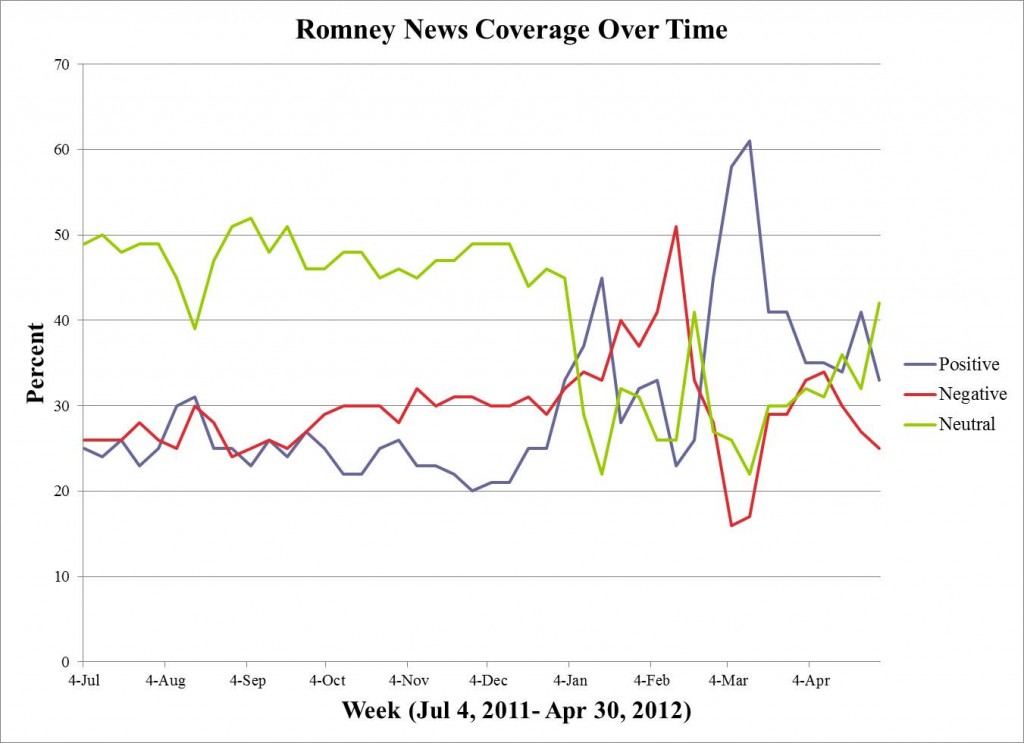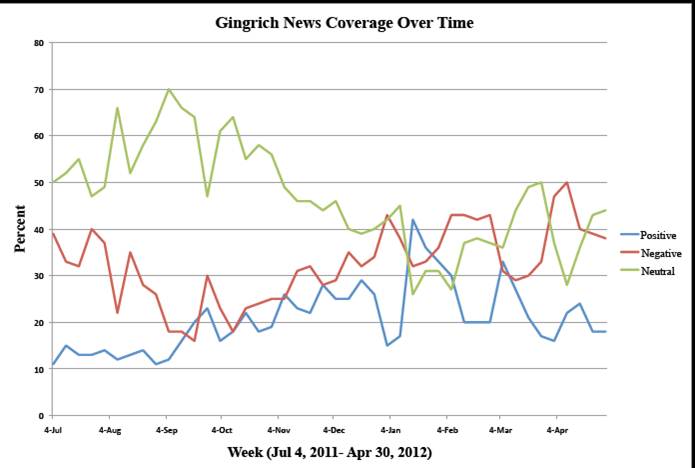It has been a little more than a month since Newt Gingrich formally ended his improbable and wildly entertaining bid for the Republican nomination. The Newtster, whose campaign had been on life support for several weeks, finally bowed to reality shortly after Mitt Romney crushed him in the winner-take-all Delaware primary on April 24, one of several victories for the Mittster that same night that made it clear Newt had used up all of his nine political lives, and then some. A subdued Newt formally gave up the ghost a week later, but not before reiterating his belief that his grandchildren would likely be able to visit a moon colony in their lifetime. The moon colony, of course, had long become the symbol of Newt’s candidacy: big on ideas, short on practicality. But that caricature both oversimplifies and underestimates Newt’s impact on this race. For, despite a rather inauspicious start that had the media declaring his candidacy over before it began, Newt parlayed a series a scintillating debate performances (who can forget Newt taking on John King over media coverage of his first wife’s allegations that Newt sought an open marriage?) and the support of Sugar Daddy Sheldon Adelson into what is essentially a distant third-place finish, as measured by popular votes, in the Republican nomination. In so doing, Newt outperformed a number of other candidates, including Rick Perry, Michele Bachmann, Herman Cain, Jon Huntsman and Tim Pawlenty.
Here’s Newt at his media bashing best, taking on CNN’s King regarding the Newt’s First Wife’s Club:
[youtube /v/To_g23JkXnU?version=3&feature=player_detailpage” type=”application/x-shockwave-flash” allowfullscreen=”true” allowScriptAccess=”always” width=”640″ height=”360″></object>]
This was probably the high point of Newt’s campaign. In a reminder that those who live by the sword often die by it, Newt’s longshot campaign probably ended shortly after with his poor debate performance prior to the Florida primary, when Mitt’s superior opposition research gave him the material to flummox the Newtster during an exchange over investment portfolios. Of course, Newt was already facing a huge financial deficit as Romney was pummeling him in the ad wars. But after Florida Newt’s support in the polls dwindled as the Tea Party and conservative evangelical vote switched to Santorum.
To me, one of the distinguishing features of Newt’s candidacy was just how hated he was by both the media punditocracy and by my colleagues in political science. I was reminded of this when I looked at the recent Pew report documenting the tone of media coverage of the various Republican candidates during the nomination fight. As you can see in this chart put together by Peter Cahill based on the Pew Report of media coverage, except for a brief period heading into and just after Newt’s victory in the South Carolina primary, his media coverage was uniformly negative. Indeed, it started out negative, and largely remained that way through most of his candidacy.
.Compare this to Mitt Romney’s coverage, against based on the Pew Report. Although Mitt had his share of negative coverage, it was much more evenly balanced, for the most part, between negative and positive tone through much of his campaign.
Now, let me make clear that I am not necessarily asserting that Newt’s predominantly negative coverage reflected reporters’ animosity toward him. Instead it may have been driven more by media perceptions that his campaign was poorly run and that he never had much chance of winning the nomination. Still, I can’t discount the possibility that the two are at least distantly linked. Combined with the spending gap, the disparity in media tone in campaign coverage may lead some of Newt’s supporters to cry foul; clearly the odds were stacked – unfairly – against their man in this primary fight. I don’t blame them for thinking so. But I don’t think Newt lost because he was outspent, or because of predominantly negative news coverage. Ultimately, what doomed Gingrich was his record in several areas that, when publicized, caused an erosion of support among the Tea Party faction. Perhaps none was more damning than Newt’s consulting work for Fannie Mae, which many Floridians blamed in part for the collapse of the housing market. Newt’s claim that he was merely a historian who gave impartial advice to Fannie Mae never really passed the smell test. Throw in his ill-fated dalliance with Nancy Pelosi on behalf of combatting climate change, and you can understand why conservatives ultimately defaulted to Rick Santorum as the Mitt alternative.
[youtube /v/qi6n_-wB154?version=3&feature=player_detailpage” type=”application/x-shockwave-flash” allowfullscreen=”true” allowScriptAccess=”always” width=”640″ height=”360″></object>]
Why did the Fat Man sing? Not because of negative media coverage, or an inability to raise money, or because my political science colleagues positively despised the man. (For the record, I found him thoroughly entertaining!) Those were merely symptoms of a deeper malady: Gingrich was running in a Republican nomination race with a record that a good many Republican voters viewed as insufficiently conservative.


